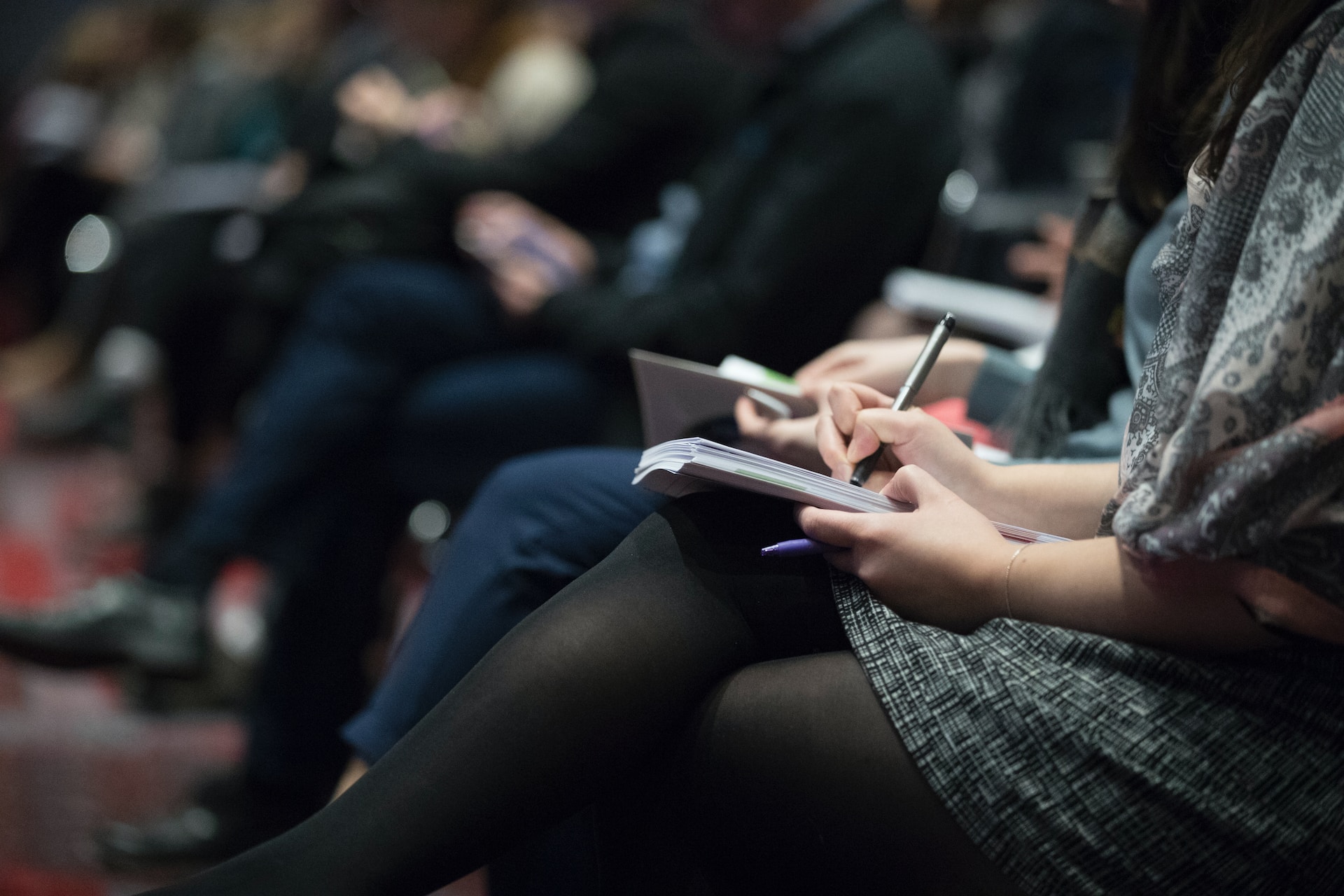Communicating Science
Ever since I was as small lad, I loved to tell stories. Big stories, long stories, short stories, shaggy-dog stories. All kinds of stories. I also loved science. I loved reading the old magazines of Scientific American and National Geographic. Reading about far off places where scientists discovered a new frog, a lost city, or the new gadget that would revolutionize space travel. I ate it up voraciously and told anyone that would listen all about it.
For some, it was too much. They were nonplussed about how the world worked. Just as long as it did and just as long as it kept working. Others did not care. Little Timmy did not mind if pterodactyl was a dinosaur or a flying reptile. He just knew they were awesome. However, others enjoyed the way I would break down big ideas and make them shareable, easy to understand – digestible.
When I went to college the first time, I focused on communications. Telling stories. I went and got a job telling stories as a public relations practitioner for the State Theatre of Maryland. I was able to share all sorts things. Why the director chose this play. Why the costumes were designed that way. The things I wrote, the pictures I took, were widely shared by all sorts of media. The Washington Post, ABC, Baltimore Sun, WTOP, The New York Times.
Then in 2018, I ended up being tasked by the city of Fayetteville, Arkansas to find a way to combat invasive plants in the city and bring attention to the issue. I devised the idea for the Bradford Bounty, which allowed city residents to get a native tree replacement for every Bradford or callery pear they cut down and removed. The key was the novelty. Instead of starting with why, it was it was better to get attention – Fayetteville needs you to cut down trees – and then teach the why. The program was a smash hit and went viral across the nation, with many municipalities copying the program.
That episode, the Bradford Bounty, reignited my love for science and science communications. I then planned and have worked diligently to take the formal university science classes to be a capably trained science communicator.
Now, after three years of years of many science and math classes I am about to complete my degree in Environmental, Soil, and Water Science. Upon reflection, I believe that I have learned several things about how I communicate and things that I excel at. Firstly, I am exceptional at taking big technical ideas and breaking them down for the public to understand. Secondly, have found that making analogies is a strength of mine and helps people further understand scientific principles that I will need to explain, no matter what field I end up in. Finally, I am skillful at making and delivering clear and engaging presentations. That may be a packed room of people listening to a prepared PowerPoint, or a one-on-one poster presentation at a scientific meeting.
Although I have grown as a science communicator, I still have much to learn and perfect. I need to get better at sharing science that is not as interesting to me. There is a lot of science that is very interesting to me. There is just as much science that is not interesting to me. I still need to be able to share and explain the facts whether I like and enjoy the subject or not. I also need to work on my writing skills. Despite being a published writer, my scientific and expository writing needs to get better. Frankly, I am a bit rusty, and it is not my favorite style of writing. However, it is necessary and a crucial part of the job.
Ultimately, my journey as a budding scientist and scientific communicator has been a long journey. I have learned effective skills like breaking down complex concepts, using engaging analogies, and delivering engaging presentations. I recognize I still have much to learn, but I am excited to refine my communication skills and knowledge by working in a hands-on science field. Then I can become an even better communicator of science.

